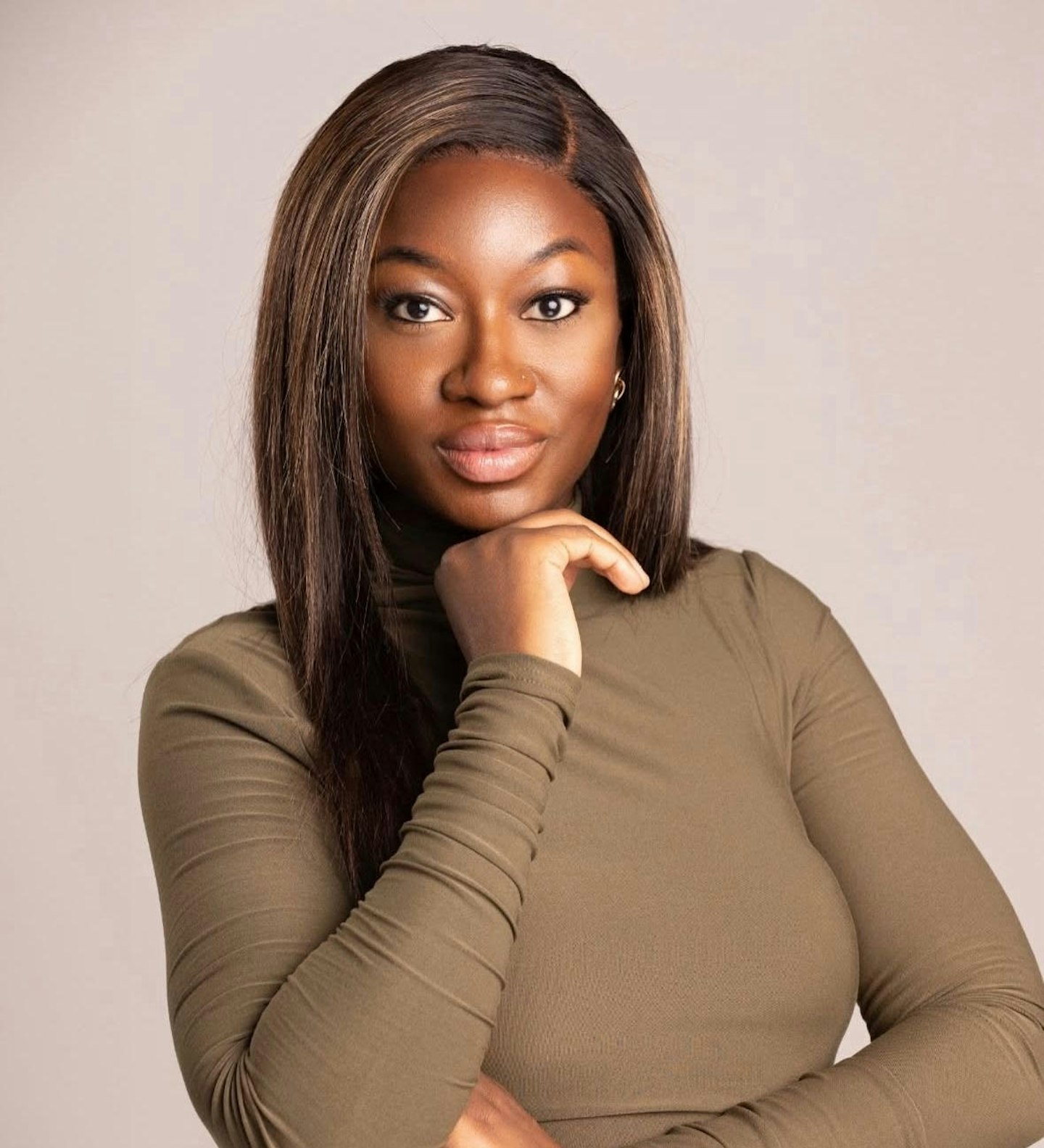I was walking my children to school in South East London, heavily pregnant with my third child, when I started noticing patterns in my daughter’s health. My four-year-old, once energetic, began falling ill repeatedly. One day during PE, I received a call from the school receptionist, saying my daughter wasn’t well. While the other children were playing, she was slumped to the side of the playground, withdrawn and not engaging. I rushed to collect her and took her to Lewisham Hospital, expecting a standard wait. Instead, they took one look at her and admitted her immediately. She was diagnosed with community-acquired pneumonia, one of the leading causes of death in children under five.
That moment was a turning point. Around the same time, I learned about Ella Adoo-Kissi-Debrah, the first person in the UK to have air pollution listed as a cause of death. She lived just down the road from us. That’s when the pieces started connecting. The constant exposure to polluted air wasn’t just uncomfortable, it was potentially fatal.
At the time, I was serving as the Maternity Voices Partnership Chair at St Thomas’ Hospital, working to amplify Black mothers’ voices in healthcare systems. But so many of our discussions focused only on what happened in the hospital — biases, dismissals, and inequalities in care. No one was asking why Black women were arriving sicker, more stressed, or with higher risk pregnancies to begin with.

So the campaign began there. I founded Global Black Maternal Health soon afterwards, but quickly realised this wasn’t just a Black maternal health issue. It’s a child health issue. An education issue. An environmental issue.
That’s why we changed our name to Global Child and Maternal Health. And that name change matters. It signals the full arc of our work, from pregnancy to childhood, from research to policy, from data to direct community support.
When I began this work in 2018 to 2019, Black women in the UK were five times more likely to die during pregnancy and childbirth, and are still twice as likely to experience stillbirth. We also know that women exposed to high levels of air pollution are twice as likely to experience stillbirths, and face heightened risk for preterm birth, low birth weight, preeclampsia, and other complications.
After listening to the stories of other Black and minority ethnic mothers, I began to research and found that Black women are three times more likely to live in areas with the highest levels of air pollution, according to a report from the Mayor of London’s office. These aren’t just statistics, they’re structural conditions shaped by racism, poverty, and housing injustice.
I also launched the Black Child Clean Air campaign, which includes a range of initiatives — one of them being an annual conference held in Parliament. This event is a vital space where policymakers, community members, environmental justice advocates, and government officials come together. Our goal is to ensure the environmental justice movement is centred on an intersectional lens — recognising how race, health, and environment intertwine to impact Black children and families disproportionately.
The campaign is built on the findings of our Black Child Clean Air report, published every three years and available on our website. This report explores the attitudes, experiences, and behaviours of Black women in the UK who are pregnant or have young children up to five years old. It highlights the real-life challenges faced by families living in polluted environments and provides evidence-based recommendations for policy and practice.
What is truly important to us is that communities like ours are leading on our own data and narratives. We live by the philosophy of 'nothing about us without us'. We are not asking to be included in conversations already set by others — we are building our own. We are designing and leading projects because the health and lives of our babies, our children, and ourselves as parents deserve nothing less than our own voice, our own power, and our own solutions.
Our conference, which was held in June, created a platform where lived experience shapes policy, dialogue turns into action, and communities have the power to demand systemic change. It amplified voices too often excluded and builds the collective power needed to fight for clean air equity.
_Agnes Agyepong is a mother of three and the founder and CEO of Global Child and Maternal Health. She's also launched the Black Child Clean Air campaign which was born from a deeply personal moment.
_
